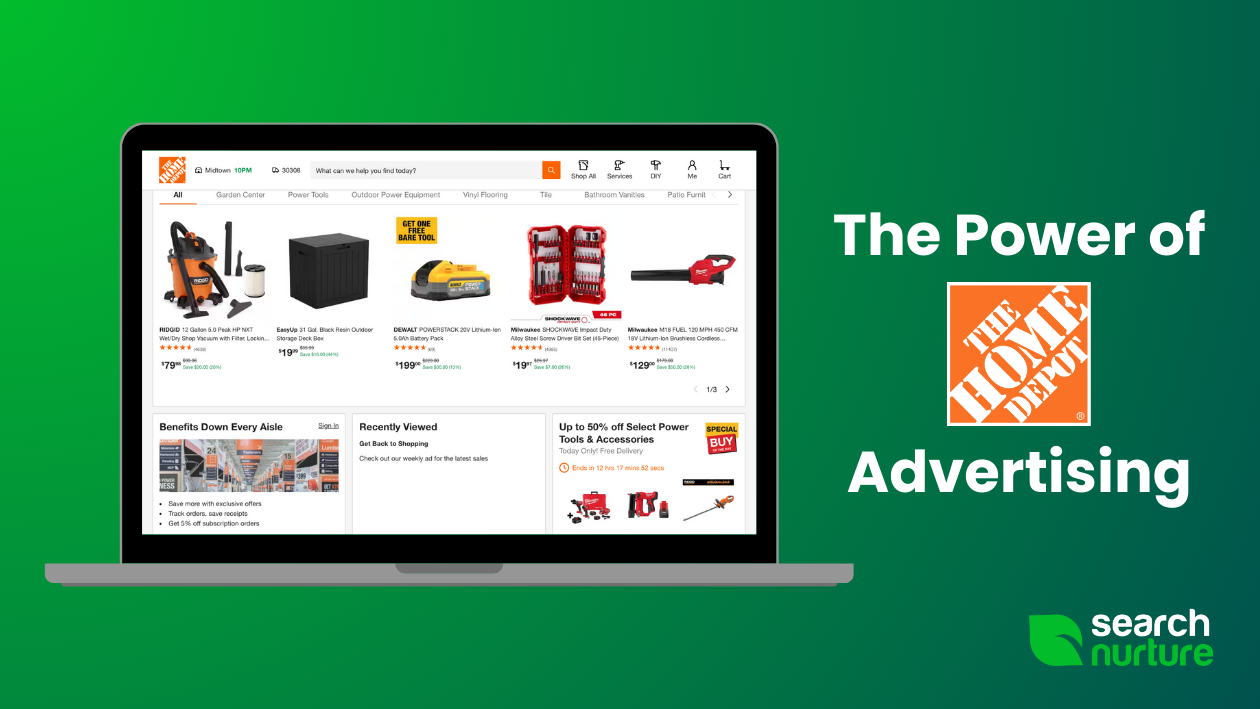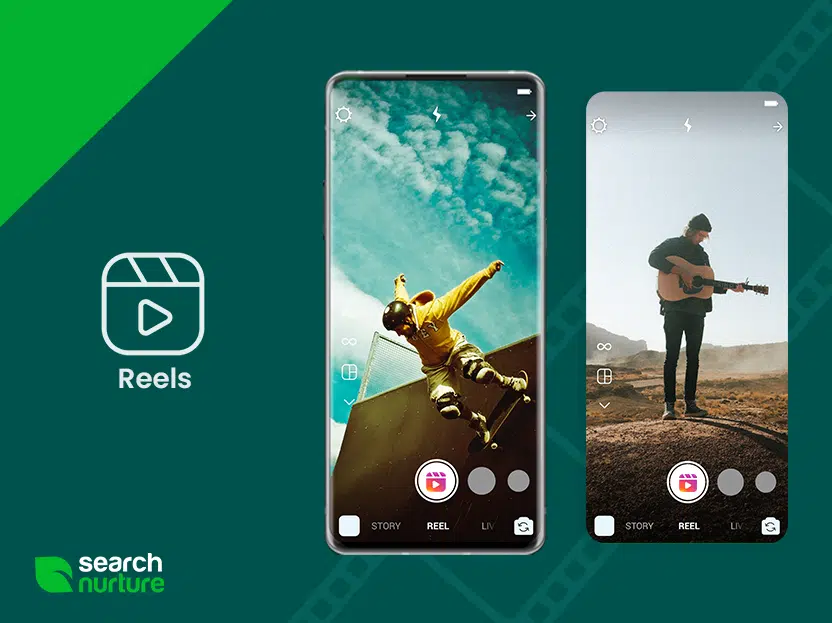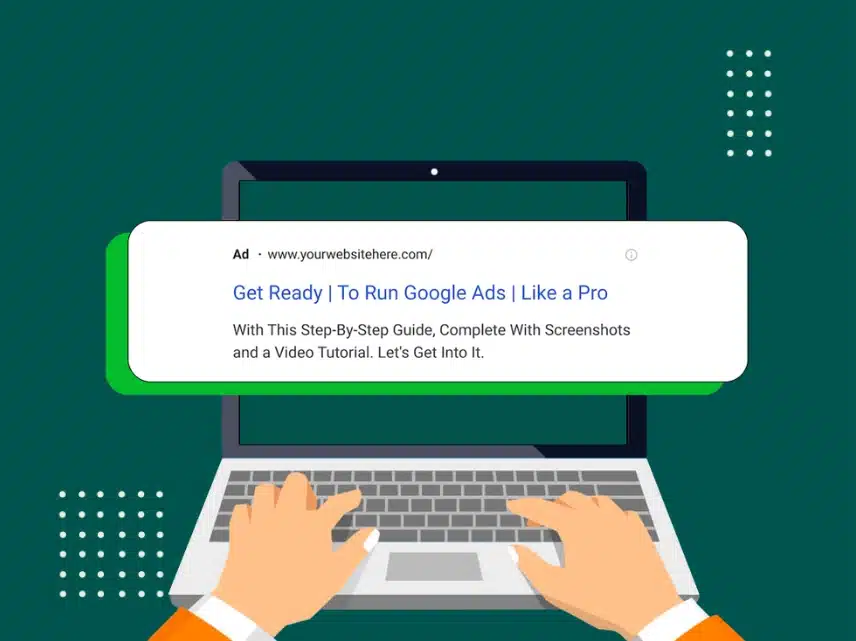If you are a business owner, you’re probably familiar with the increasing need to have a presence on social media. Now more than ever, social media marketing has undeniable power, with the potential to make or break your business. So it is no surprise that it is becoming one of the most important aspects of any digital marketing strategy. Social media platforms allow businesses to connect and engage with potential customers and build customer loyalty and advocacy with existing ones.
However, being successful on social media is not just a matter of having a presence, as much as it’s about doing it right. If you’ve ever tried it, you know things can get tricky quickly. Social media success depends on the strategy behind it, and determining the proper channels to use is the first step toward developing one.
When deciding whether a social media channel makes sense for your business, there are several factors to consider. Keep reading for a simple step-by-step guide to help you identify the proper social channels for your company.
Business Goals
Ideally, any business decision you make should align with your business goals. Choosing a social media channel shouldn’t be any different. Different platforms serve different purposes. Some are better for top-of-funnel initiatives like brand awareness, whereas others are better for conversion and retention. Having a clear understanding of why and how any given platform will help you achieve your business goals is essential. The connection between the platform and your goals should be straightforward and simple to explain. Otherwise, it might not be the right platform for you. It all comes down to a single question: What are you trying to achieve, and how will this platform support that goal?
Business Nature
Equally important, you need to consider the nature of your business. Platforms like Facebook, TikTok, or Instagram are a gold mine for business-to-consumer (B2C) as they provide an opportunity to engage and convert prospects through highly visual content. For business-to-business (B2B), LinkedIn and Twitter are preferable alternatives since they allow companies to build credibility and trust. In B2B marketing, social media is used more often for awareness and content promotion, a first step towards nurturing those long-lasting relationships.
However, nothing is black and white. It would help if you also considered your brand’s personality, your target audience, and your products or services. One starting point to consider is examining your competitors’ presence on social networks. Then, look at some industry benchmarks to figure out what has generally worked for each channel. Or ask yourself: are there social media sites under-used by your competitors but could be relevant to your company? Ultimately, it’s just a matter of weighing what’s best for your business.
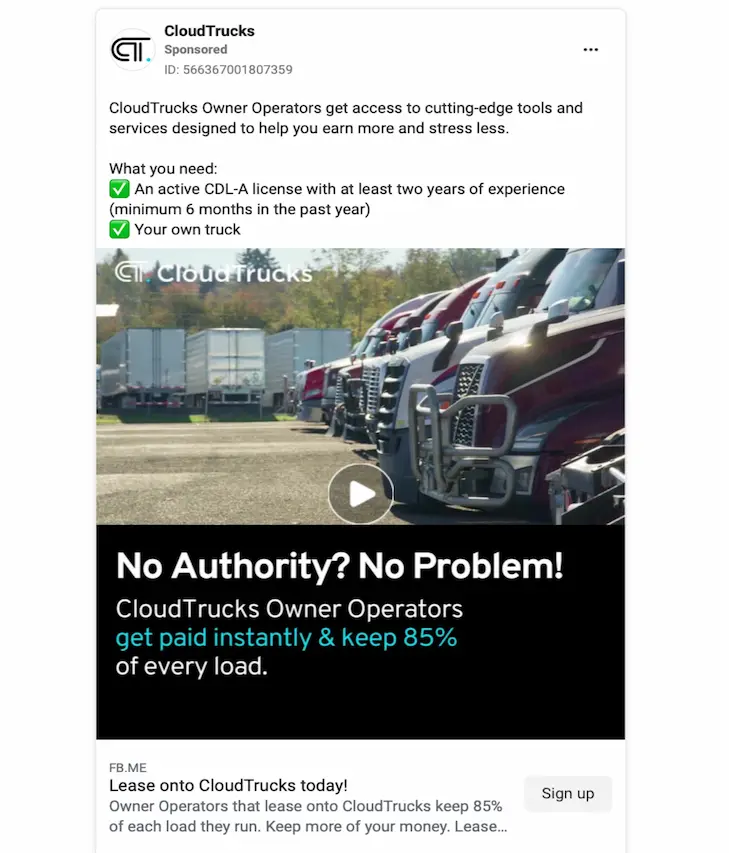
Target Audience
Once you have aligned your goals with your social media channels, the next step is determining where your audience is interacting online. Each demographic has its preferred channels and media platforms. If your largest customer segment is Gen Z, having a Facebook account for your brand could waste time and resources. The same goes for promoting your business on TikTok if you target 50-year-old men.
Having a clear understanding of who your target audience is and where to find it means your advertising can be more effective. In addition, clear audience targeting also helps you develop a brand voice that resonates with them, increasing the chance of engagement and retention. So before trying to ride the latest social media wave, you should take the time to understand your audience, where to find them, and how to engage them.
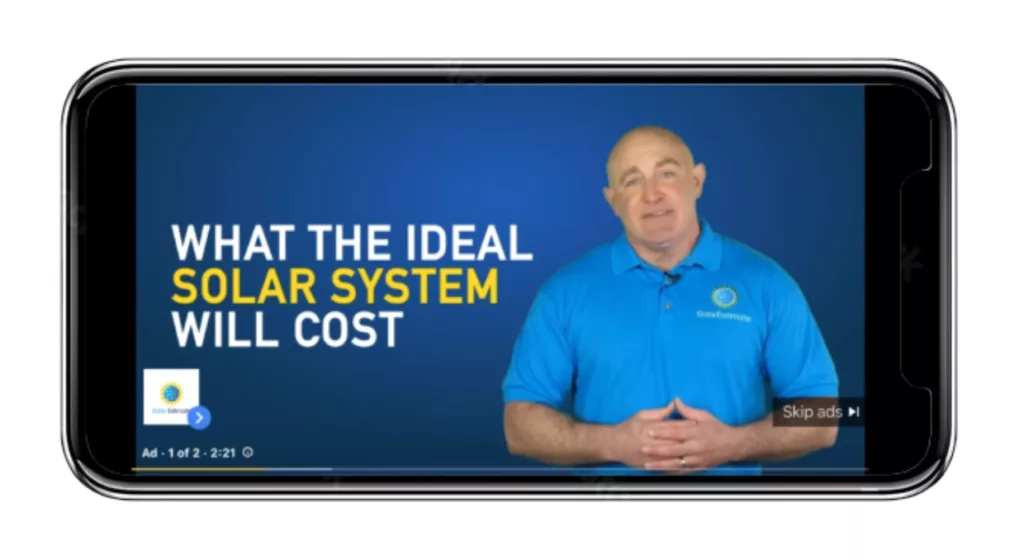
Content-Type
You might have heard this before, but content is King in digital marketing.
Choosing the right content for your business and your audience is not a minor thing. However, the type of content you use can differ greatly – some will enhance your brand identity and business goals, while others won’t. Businesses need to leverage content to achieve several purposes: drive engagement, increase traffic, generate leads, build loyalty, or communicate with customers and prospects in your unique voice.
Certain content formats are better suited to specific social media channels than others. For example, LinkedIn and Twitter are great places to share industry updates, company news, or even whitepapers if you are a B2B company. YouTube and Facebook should be on your radar if you produce video content. For reels, however, Instagram and TikTok are better options. When deciding whether to be on a specific channel, remember that every platform best suits a particular content type.
Competitors
We touched on this one before, and for a good reason. Competitive research must be at the heart and center of any strategic decision you make as a business. This will help you gain insights into the industry and channel’s best practices and find opportunities to differentiate yourself. Whenever possible, do a thorough analysis of your top competitors. See what content they are posting on each social media page and how many people are engaging with it. Then, identify the social media platform that yields the best results and start there.
As a business, you should strive to understand how your competitors are approaching your audience and find a way to win over the consumer, and the easiest way to do that is to find gaps and stand out from the crowd.
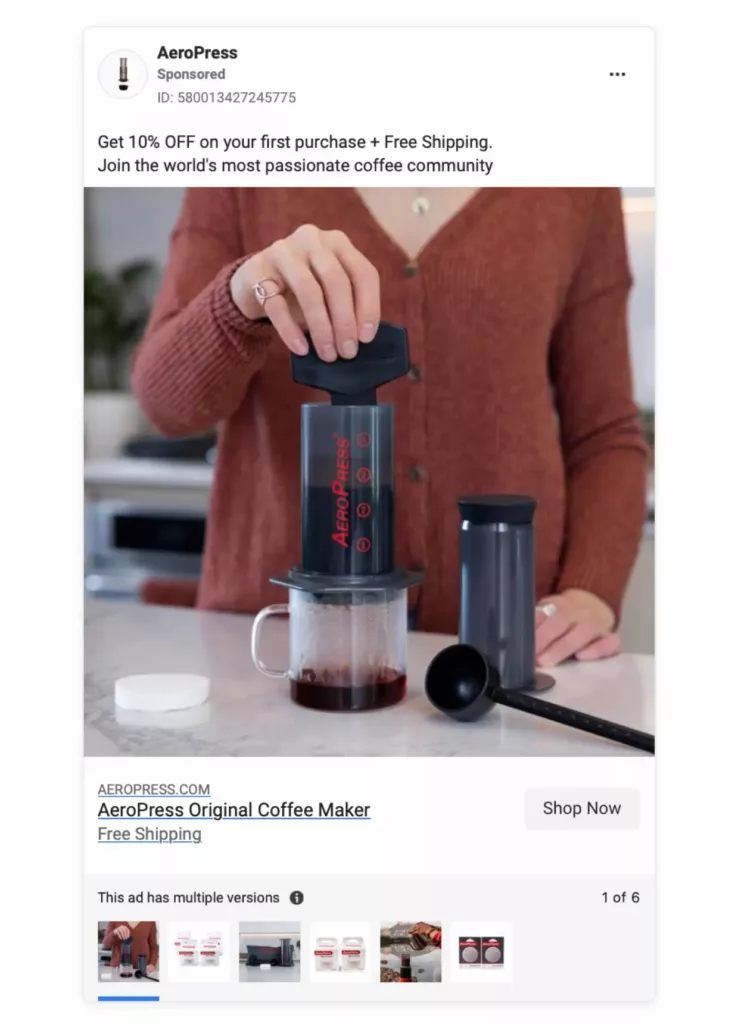
Conclusion
Social media marketing boomed following the COVID-19 pandemic. New platforms now appear rapidly, but that doesn’t mean your business needs to be present on all of them. Instead, start by thinking about your business goal, the nature of your business, and your target audience to make an informed decision. Lastly, ensure you understand the platform, how it works, what its appeal is to users, and how to match your content with that.
Social media marketing can be a transformative force when done right. Yet, a well-crafted multichannel strategy can be challenging to implement, but if you succeed, it can quickly lead to business growth. Consider hiring experienced professionals in the field to improve your chances of success.
Need help with your social media strategy? Let us help. Book a free consultation with our team.





